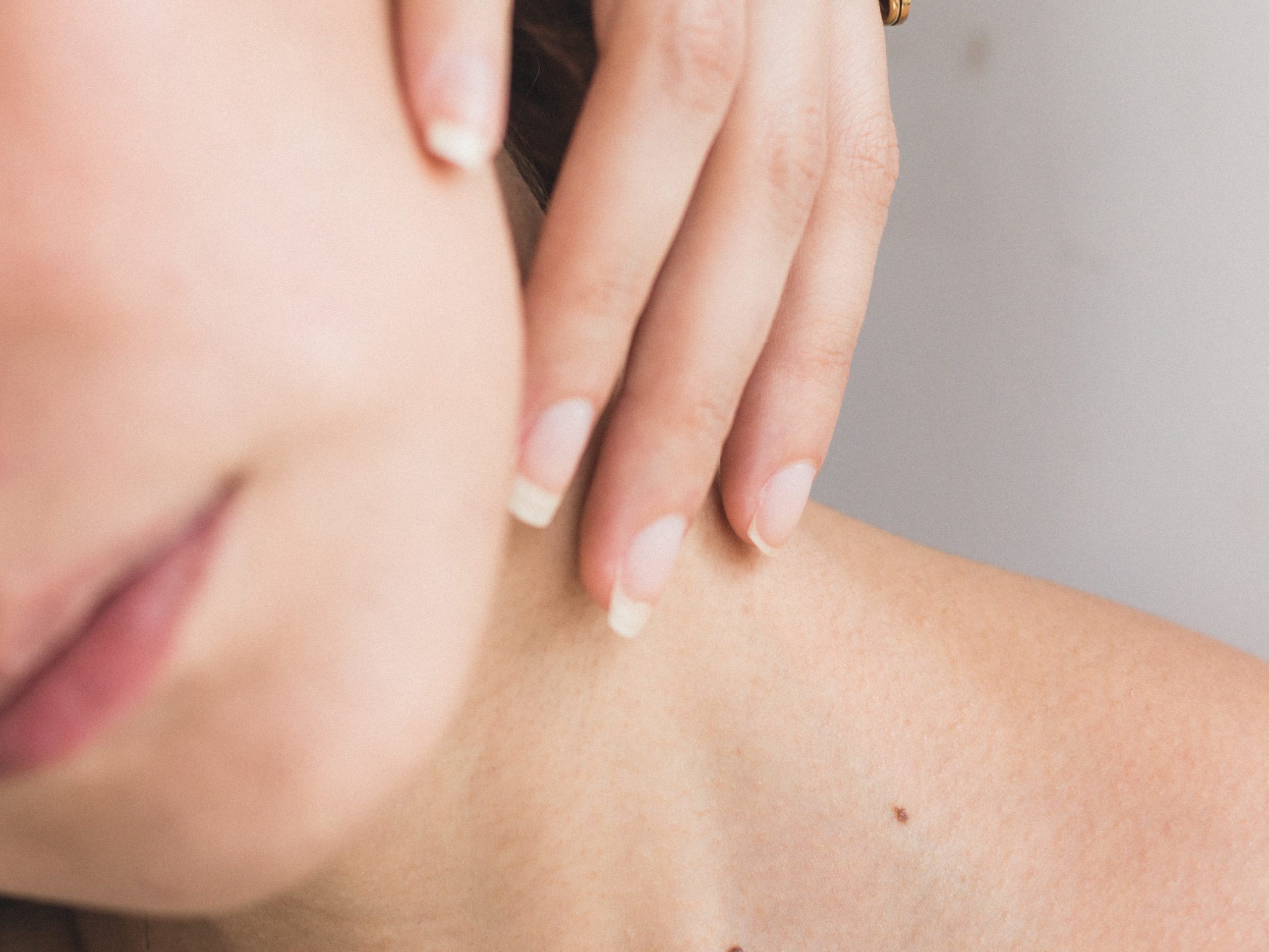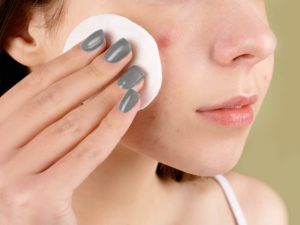Everything You Need to Know About the Microbiota Living Right on Your Skin – what it is, how it helps, and how to improve it
There are millions of microscopic organisms living on your skin, and having the right kind can make or break your skin health. The skin microbiota is incredibly essential to the health of your skin.

Some of these microorganisms protect you from disease, ensure skin hydration, and support you. Some can make you break out in painful acne, more prone to illness, or cause painful conditions such as eczema and dryness.
Here is everything you need to know about your skin microbiota! Learn what the skin microbiome is, how it can help your skin thrive, and how to ensure you have a good balance that supports you.
What is the Skin Microbiota?
The skin is the human body’s largest organ and it is the host of hundreds of thousands, really millions, of microorganisms that are vital to overall health.
Similar to the microbiome of the gut, the skin microbiota can contribute to wellness if supported and balanced. Out of order, the skin microbiota can lead to painful skin conditions.
The grand majority of these organisms are beneficial to us and can even help our wellbeing prosper.
What is the Purpose of the Skin Microbiota?
The skin microbiota has a variety of jobs that work with the physical layer of the skin to provide support and protection.
The microbiota of the skin helps fight against infection, acting like a natural antibiotic and antimicrobial agent.
They help control inflammation and heal wounds while also maintaining a healthy pH level, reducing germs and infection.
The skin microbiome is also responsible for providing immune system support, as it acts as an alert to the body’s immune system when there are harmful viruses or bacteria.
The skin microbiota can also influence the way the skin responds to UV light, which can decrease your odds of developing skin cancer from the sun’s rays.
What are things that Reduce Skin Microbiota Health?
There are quite a couple of things that affect the skin microbiota negatively.
These include excessive UV light. The kind that causes tanning and burning of the skin.
Other factors that influence skin microbiota are pollution from the air, unhealthy diet, drinking excessively, smoking, or even your genes.
What are Signs of Unbalanced Skin Microbiota?
An unbalanced skin microbiota will excess itself in skin conditions.
This can lead to conditions such as psoriasis, eczema, rosacea, acne outbreaks, slow healing words, or wound infections.
How to Support a Healthy Skin Microbiome
Here are 5 ways to ensure the microbiome on your skin is helping you, not hurting you.
1. Use Gentle Exfoliating
Exfoliation can be a great way to help skin care treatments and products penetrate deeper while removing rough dead skin cells. Too much, however, can have extremely detrimental effects.
Over-exfoliation can damage the surface levels of the skin, and even strip the skin of the helpful microbiota that is on the surface.
When exfoliating, take a look at the products to see if they are harsh on the skin. AHA and BHA and stronger chemical exfoliate than lactic acid, meaning they should be used with less frequency.
Physical exfoliates can be damaging to the skin regardless of use, not just on the face, but on the body as well. Try to limit intense scrubbing in the shower.
2. Moisturize
Everyone has to moisturize (yes, even my oily skin babes).
Oily skin can come from a lack of moisture in the skin, therefore our body overcompensates.
Overmositurizng is really not a thing, and moisturizer is the most important step in a skincare routine, besides morning SPF.
Moisturizing the skin can help protect and support the skin barrier and microbiota, especially if the moisturizer contains helpful ingredients like ceramides.
3. Use pH Balanced Products
Using products that are pH balanced is an amazing way to improve the overall health of your skin.
While many cleansers nowadays are pH balanced, reducing the need for a toner, some are overly harsh and stripping.
Make sure your products specifically state pH balanced and avoid harsh fragrances and dangerous skincare ingredients.
4. Eat a Balanced Diet
The skin microbiome flourishes under a healthy diet full of colorful fruits and vegetables, just like the gut microbiome.
Eating a healthy diet can help support the skin microbiome greatly.
Each nutrition vegetables, whole foods, while reducing excessive sugar consumption.
Try to consume healthy fats, carbs, and protein.
You can even support the skin by adding collagen to your diet. Try it in your morning cup of coffee, sprinkle it in smoothies, or even add it to soups.
5 Touch Some Grass
Yup. Enough said.
No, jokes aside, many studies have found that just being out in nature can help boost our mental and physical health, while improving the microbiome of the skin.
Nature itself boosts mental wellbeing and clarity, while allowing you to benefit phsycially.
For added benefit, try taking a silly little walk.
The Takeaway
The skin is highly important, as it depends on pathogens, bacteria, and viruses, with the help of the skin microbiota. An unbalanced skin microbiota can cause harmful and painful conditions such as eczema, acne, or rosacea.
Small habits you incorporate into your day-to-day life can have brilliant effects in protecting and supporting the trillions of microorganisms that protect and support you!
While health comes from within, let’s remember to protect what is on the frontline outside of us too!





